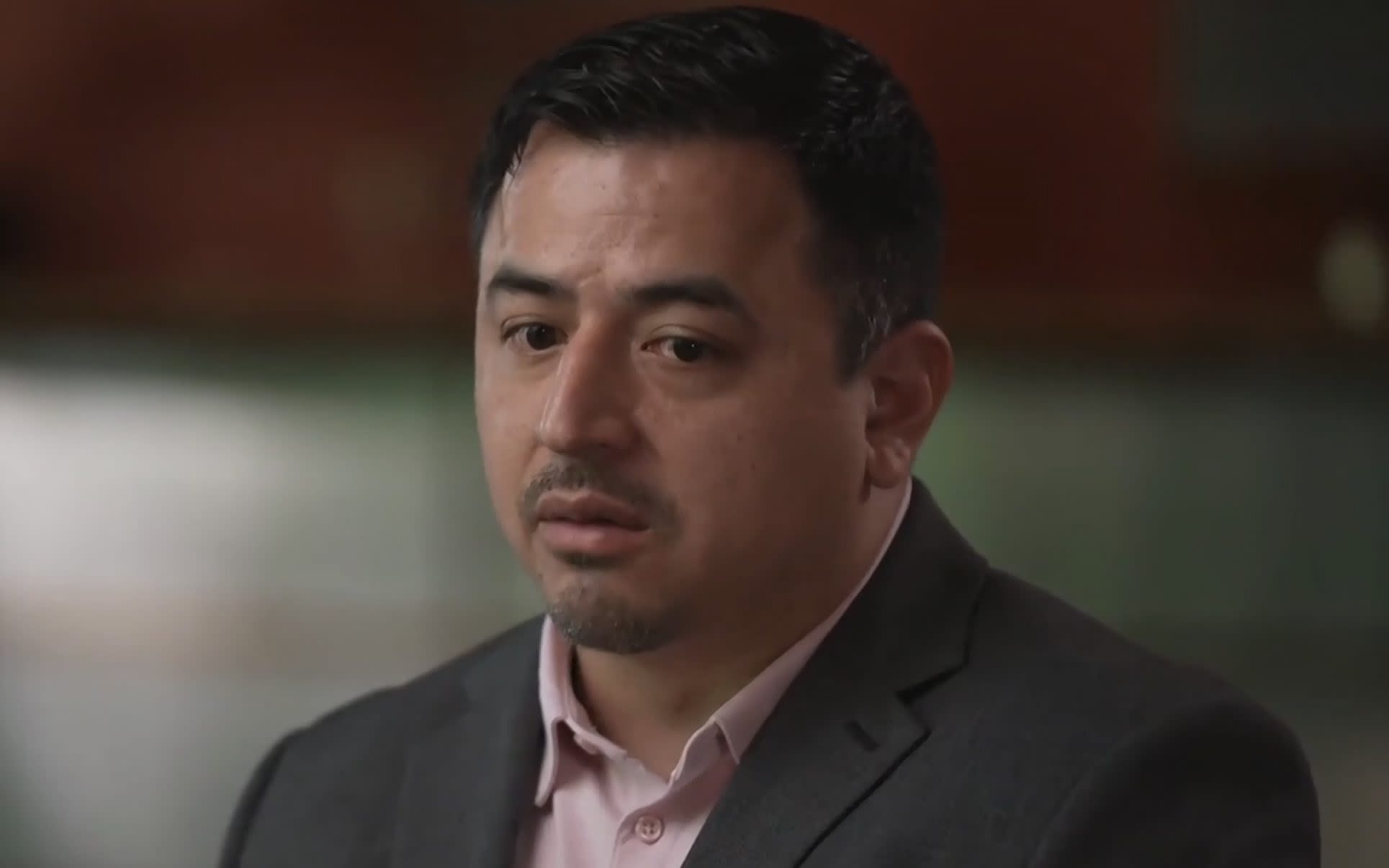Search results
May 4, 2024 · whistleblower, an individual who, without authorization, reveals private or classified information about an organization, usually related to wrongdoing or misconduct. Whistleblowers generally state that such actions are motivated by a commitment to the public interest.
Whistleblower Rights and Protections. Whistleblowers perform an important service for the public and the Department of Justice (DOJ) when they report evidence of wrongdoing. All DOJ employees, contractors, subcontractors, grantees, subgrantees, and personal services contractors are protected from retaliation for making a protected disclosure.
News about Boeing, whistleblower, whistleblowers
News about Jacksonville, whistleblower complaint, Christopher Bernier
News about CFTC, IRS, whistleblower
News about FBI, security clearance, Marcus Allen
On the simplest level, a whistleblower is someone who reports waste, fraud, abuse, corruption, or dangers to public health and safety.
Services in Multiple Languages. Learn about our Whistleblower Protection Program. What is retaliation? How to file a retaliation complaint. Retaliation protection by subject. Create an effective anti-retaliation program. How to file a safety and health complaint. Find information on other workplace issues.
Whistleblowing (also whistle-blowing or whistle blowing) is the activity of a person, often an employee, revealing information about activity within a private or public organization that is deemed illegal, immoral, illicit, unsafe or fraudulent.
Aug 23, 2022 · A whistleblower is anyone who has and reports insider knowledge of illegal, illicit, and fraudulent activities occurring in an organization. Whistleblowers can be...
Whistleblower Protections. The Department of Labor is here to protect your rights. An employer cannot retaliate against you for exercising your rights under the Department of Labor’s whistleblower protection laws. Retaliation includes such actions as firing or laying off, demoting, denying overtime or promotion, or reducing pay or hours.



